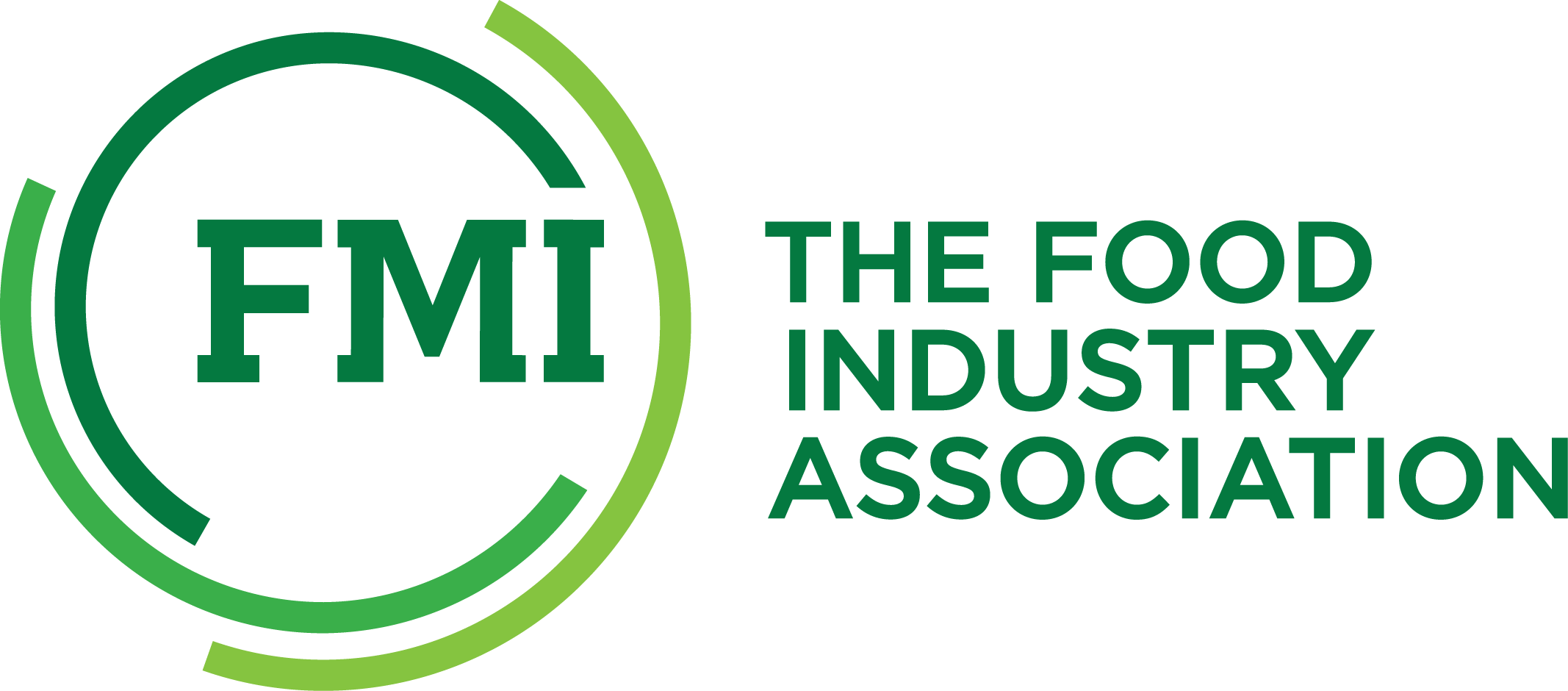This is a FMI authored article by Allison Febrey, Specialist, Health and Well-being/FMI Foundation/ Food & Product Safety and David Fikes, Executive Director, FMI Foundation.
As we approach the calendar flip of the year and enter the phase of reflecting on the previous year and anticipating the next, there will be no shortage of words offered in review of 2020. That is because 2020 has prompted no shortage of tough conversations, whether it be about health, money, politics or race.
If there are positives to 2020, it is that discussions must first uncover what is wrong before healing and change can emerge. Wounds must be located, cleaned and examined in order for treatment to be prescribed and effective. To specifically tackle the tough subject of racial equity, FMI is partnering with the Center for Food Integrity (CFI) in an initiative to facilitate food industry conversations around the issues of Racial Justice, Inclusion and Diversity. The goal of the initiative is to create a safe environment that encourages food organizations to have productive, transparent exchanges and work together to promote a more inclusive and equitable future for everyone in the food industry.
A significant part of the initiative’s strategy calls for a series of digital dialogues exploring how race and diversity are being addressed at food organizations in all parts of the food chain. The first dialogue was on November 3rd and the recording of this conversation is available here.
The series’ second digital dialogue took place on November 30 and focused on the food retail sector of the food industry. A’Yanna Webster Ph.D., CEO of Winning Within & Associates, returned to facilitate a conversation between Brian George, president and CEO of Alex Lee Inc. and Chris Skyers, vice president, own brands at Wakefern Food Corp.
Retailers have failed to have a workforce that is reflective of the consumers they serve.
The panel discussed the challenges and opportunities that food retailers face in promoting racial justice, inclusion and diversity. Chris shared the insight that so far, “retailers have failed to have a workforce that is reflective of the consumers they serve,” but he noted that there is an opportunity now to, “step back as an organization and find your purpose, if it truly is caring about your consumer, then you need to care about your workforce to make sure your workforce reflects the population you are serving.”
Brian reflected on the importance of bias education in tackling diversity, saying that his company started, “with that base understanding that bias is universal.” He continued to share that learning about bias created a baseline to understand and talk about, “why some of these things happen and how do we make it better.” Overall, learning about unconscious bias benefits everyone.
This dialogue had attendees from many sectors of the food industry, including food retailers, product suppliers, academia, food commodity groups, foodservice, and individuals in the agriculture arena. A recording of this conversation is available here and a list of conversation resources can be found here.
